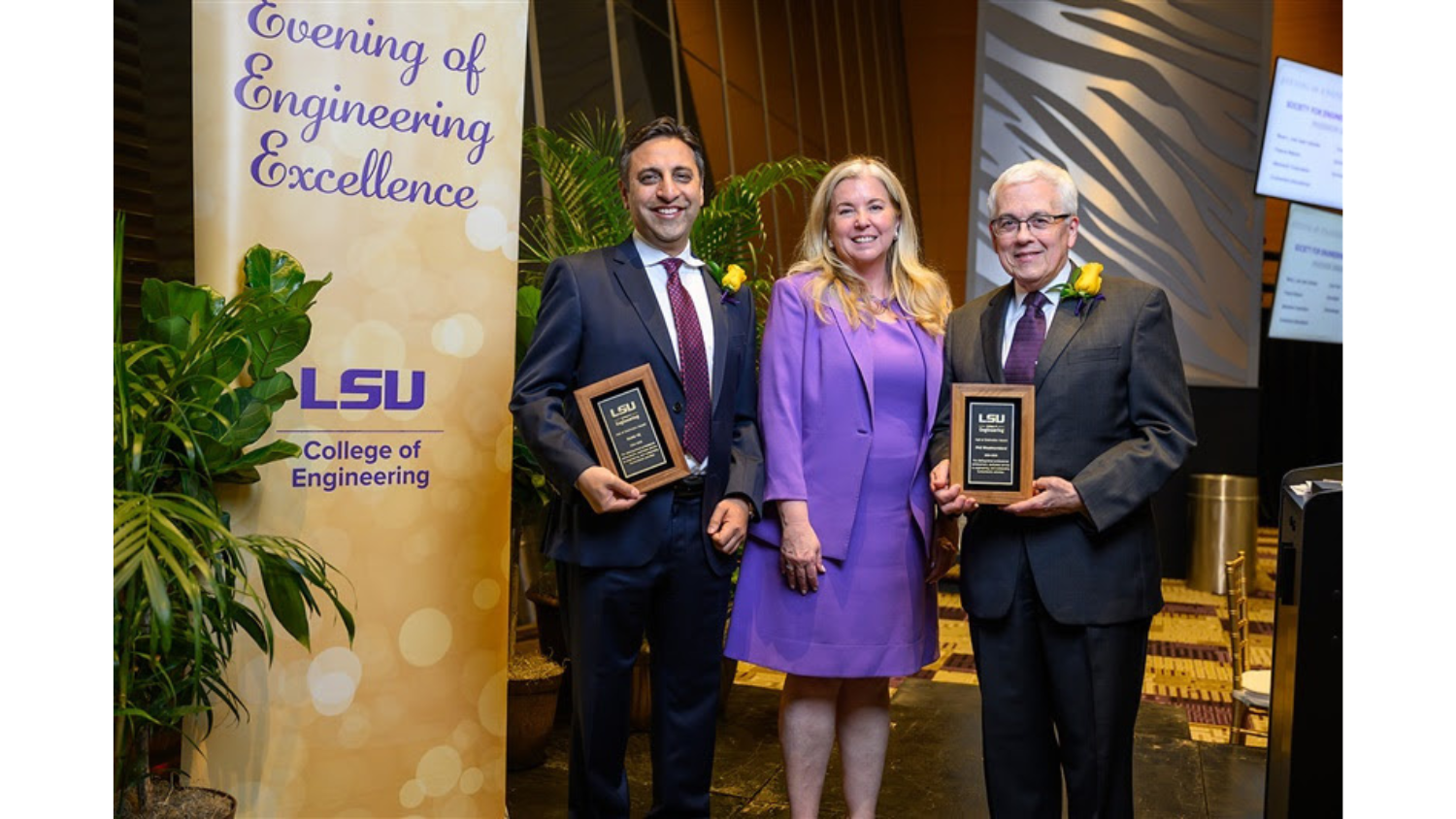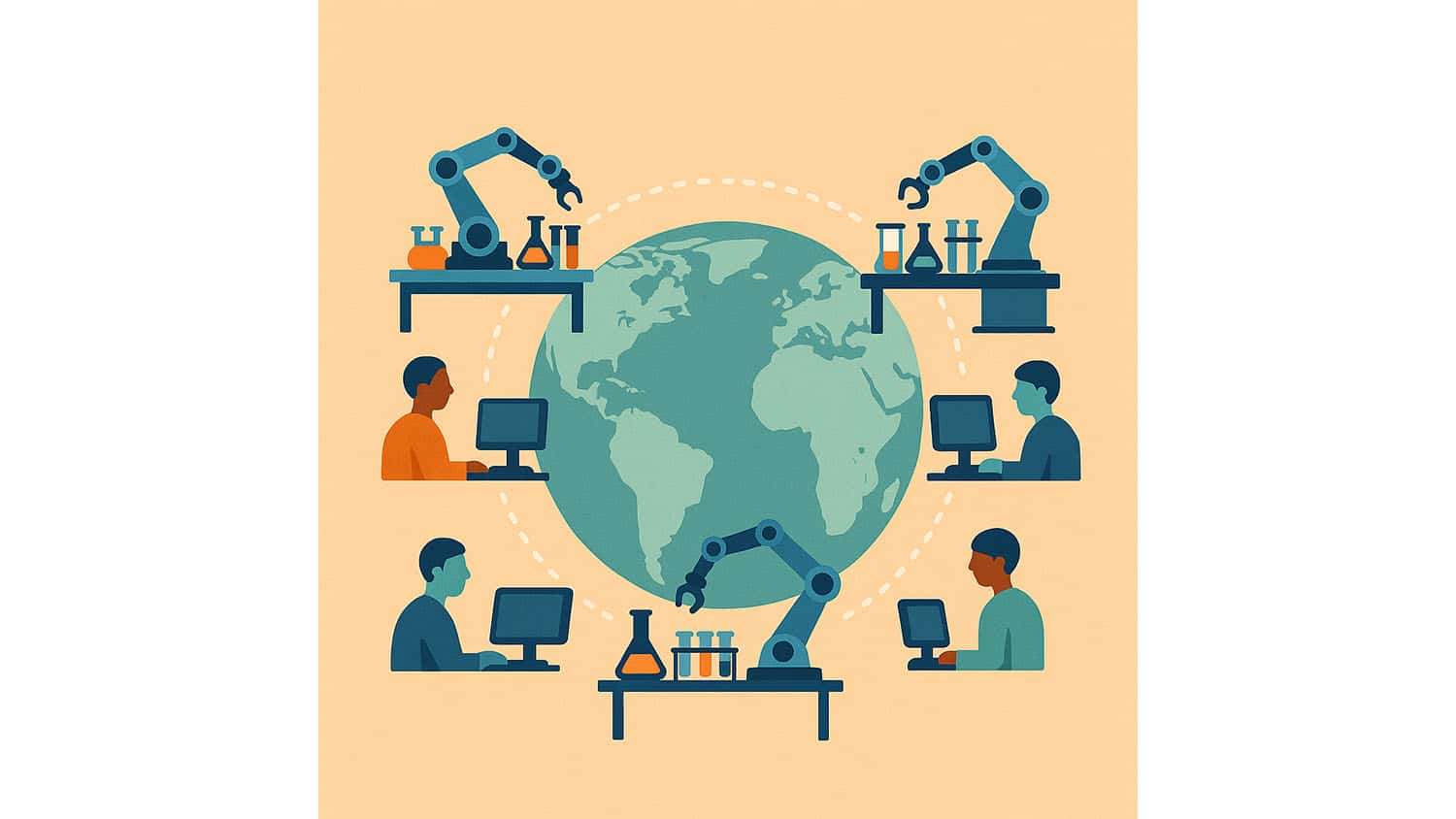Harnessing CRISPR Within CBE
This is a modified version of an article that first appeared on the College of Engineering News web site and in the Spring / Summer 2021 edition of “NC State Engineering” magazine.

Few recent technological developments have created as much excitement among scientists in bio-related fields as CRISPR, the gene editing tool that, like scissors, can cut DNA at precise locations, making it relatively easy to modify genes within an organism.
In just a few years, CRISPR has revolutionized biological sciences and opened avenues across engineering, biomanufacturing and medicine that might have never been possible — or at least not as easy.
CBE faculty members Nathan Crook and Stefano Menegatti are developing a portfolio of CRISPR-focused technologies by introducing novel CRISPR reagents, using CRISPR techniques to engineer new organisms and developing new bioprocesses to mass manufacture CRISPR products.
“I think it is so unique of NC State to be the home of developers, manufacturers and users of CRISPR,” said Prof. Stefano Menegatti. “These three groups of scientists must listen to each other and work with each other to ensure the success of the CRISPR revolutions.”
Developing, using and manufacturing CRISPR at NC State
Dr. Rodolphe Barrangou, the Todd R. Klaenhammer Distinguished Professor in the Department of Food, Bioprocessing and Nutrition Sciences within the College of Agricultural and Life Sciences, leads the CRISPR Lab at NC State. He was one of the first to show how bacteria incorporated new spacers into their CRISPR regions after viral attacks in a seminal 2007 paper, and has remained one of the field’s leading researchers.
“(NC State) actually used to be quite ahead of the curve, in covering the whole CRISPR spectrum,” he said. “Others have caught on since then. And it’s been democratized enough that other universities can aspire to catch up, is a nice way to put it.”
As a land grant university, NC State is well-positioned to turn CRISPR discoveries into usable technology.
“That’s where engineering programs come in, so we can take some of that science and turn that into tech. CRISPR, the immune system to CRISPR, the genetic tech,” said Barrangou. “And then if you are applications-minded, if you are real world, Grand Challenges, humanity-minded, like we are, some of what you should do is apply that technology and deploy it toward addressing real problems.”
Harnessing CRISPR Within CBE
Professors Menegatti and Crook are working on developing techniques that will increase the availability of CRISPR reagents that are needed to implement CRISPR technologies.

Prof. Crook’s research focuses on using CRISPR to engineer microbes to improve human and environmental health. For example, microbes in our gut can be engineered to degrade a toxin. In the ocean, they can be made to break down microplastics. Within roots, engineered microbial bacteria can help plants grow faster.
“CRISPR is a great tool because it’s basically scissors that you can guide to the genome in a very specific way,” Crook said. “Before CRISPR, that ability was very hard to come by. CRISPR, if you design it right, will cut in exactly one place and nowhere else.”
As CRISPR tools become more widely understood and utilized by research groups, industries, and — eventually — clinics, the technology to produce them must keep up. That’s where the biomanufacturing side, which is strong at NC State, comes in.

Prof. Menegatti and his team are developing technology that will make it easier to scale up the production of CRISPR tools to further advance science and address real-world problems.
His lab develops “affinity adsorbents,” namely filter-like materials functionalized with synthetic binders known as “ligands,” to purify biological therapeutics from complex sources. In his recent project related to CRISPR, he developed an affinity adsorbent to selectively purify CRISPR-Cas9 from bacterial cell culture fluids.
“To our knowledge, this is the first adsorbent ever made for the scalable purification of CRISPR Cas proteins,” he said.
This process is just one of a series of ligands Menegatti is developing to make the purification of biomolecular pharmaceuticals cheaper and faster.
“Our goal is to develop today the affinity technology that will serve the pharmaceutical industry of tomorrow, by providing it with a toolbox that will accelerate, simplify and reduce the cost of the bioseparation segment of the biopharmaceutical manufacturing pipeline,” he said. “This way, more drugs with higher efficacy and safety will become available to more people.”
The big picture
Taken all together, CRISPR is a complex and exciting technology, with so much untapped potential. With support from the NC State Office of Research Commercialization, Prof. Menegatti has co-founded. LigaTrap® Technologies.
The toolboxes and frameworks are there — with more in development — for future breakthroughs that might include better treatments of some diseases, improved pest management and crop disease resistance and technologies for environmental remediation.
- Categories:


